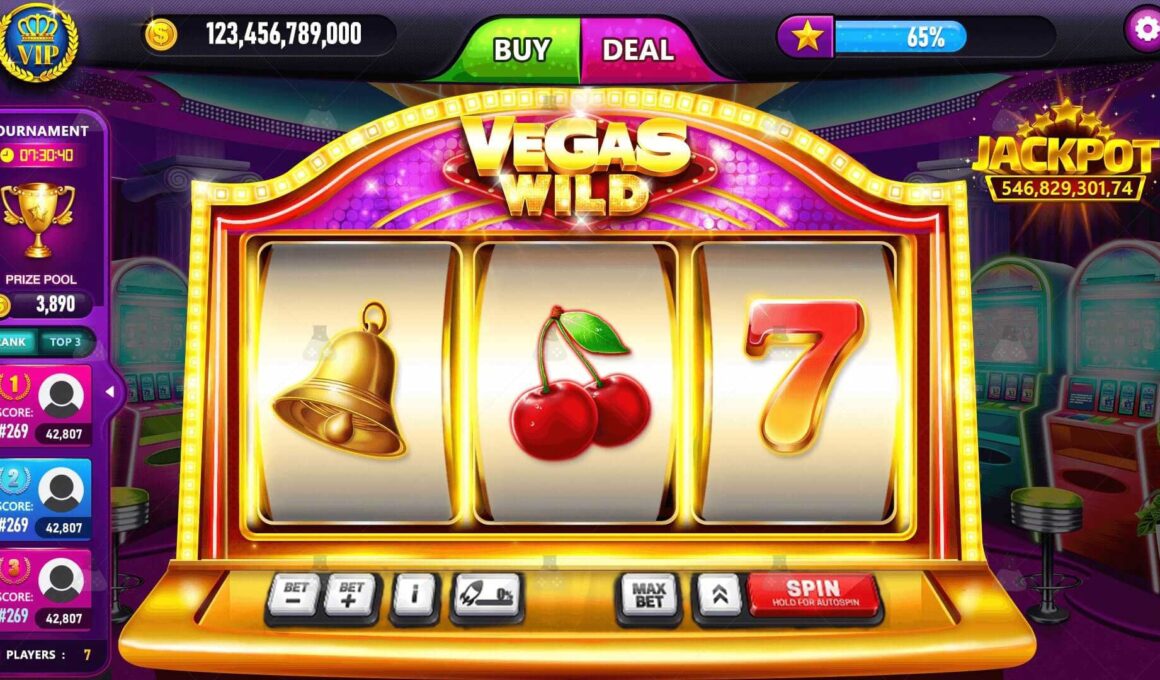Personalisation is a technique that is increasingly being used in slot game design to enhance player engagement, retention, and satisfaction. Slot game personalisation involves tailoring the game experience to individual players based on their preferences, playing habits, and other data – visit Dream Jackpot.
This article explores personalisation in slot game design, including its benefits, techniques, and challenges.
Benefits of Personalization in Slot Game Design
Personalisation in slot game design offers several benefits for both players and operators. Here are some of the key benefits:
- Improved Player Engagement: Personalisation helps create a more engaging game experience by giving players a sense of ownership and control. Players feel more invested in the game when they can customise certain aspects, such as the soundtrack, graphics, and even the game’s rules. This increased engagement can lead to longer playing sessions and increased operator revenue.
- Higher Retention Rates: Personalisation also helps increase player retention by creating a more personalised and satisfying gaming experience. When players feel that the game is designed specifically for them, they are more likely to keep playing and return to the game in the future.
- Increased Revenue: By providing a more engaging and personalised experience, operators can increase revenue through higher player spending and retention rates. Personalisation also enables operators to target specific player segments more effectively, which can lead to higher conversions and revenue.
Techniques for Personalizing Slot Game Design
Several techniques can be used to personalise slot game design. These techniques include:
- Customisable Graphics: One of the most effective ways to personalise slot games is to provide players with the ability to customise the graphics and visual elements of the game. This can include changing the background, symbols, and animations. This customisation can create a more engaging and satisfying experience for players.
- Personalised Soundtracks: Slot games often use sound effects and music to enhance the game experience. Personalised soundtracks can be created by allowing players to choose their music or by using data on the player’s listening habits to generate a customised soundtrack.
- Player Preferences: Slot game design can be personalised using data on the player’s preferences and playing habits. For example, if a player prefers games with high variance, the game can be designed to cater to this preference by adjusting the paytable and frequency of payouts.
Challenges of Personalizing Slot Game Design
While personalisation can offer many benefits, some challenges are associated with implementing it in slot game design. Some of these challenges include:
- Data Privacy: Personalisation involves collecting and analysing data on players, which raises concerns about data privacy. Operators must ensure that they collect data transparently and ethically and adhere to data privacy regulations.
- Complexity: Personalisation can increase game design’s complexity, making creating and maintaining games more challenging. This complexity can also make it more difficult to test games and ensure they are fair and balanced.
- Cost: Implementing personalisation can be expensive, particularly for smaller operators needing more resources to collect and analyse large amounts of data.
Personalisation is an increasingly important technique in slot game design that offers many benefits for both players and operators. By tailoring the game experience to individual players based on their preferences, playing habits, and other data, operators can create a more engaging and satisfying gaming experience. However, personalisation also presents challenges such as data privacy, complexity, and cost. By addressing these challenges and implementing personalisation effectively, operators can create a competitive advantage and increase player engagement, retention, and revenue.
Regenerate response

